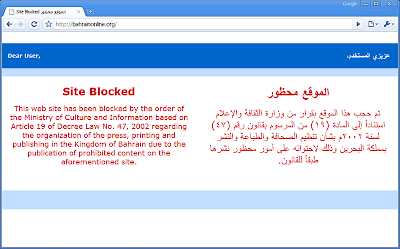You’ve come to the right place if you want to understand why On line privacy is so important. The On line Privacy Protection Act was created to protect personal information, data information, and to prevent identity theft. Continue reading to discover how the On line Privacy Protection Act keeps you protected and secure.
Your personal information should always be kept personal. The Privacy Protection Act was put in place to keep your information safe and secure. Businesses, whether tangible or On line, have to follow certain procedures to keep your information safe. This Act prevents businesses with your information from spreading or using your personal information. Now that we have covered how the Privacy Protection Act keeps your personal information confidential, lets explore why it is important that the Act also protects your data.
There are many ways the Privacy Protection Act protects you on a daily basis. Websites that sell products or services are bound to the rules and regulations set forth by the Privacy Protection Act. Retail sites are required to be secure to prevent the distribution and theft of your credit card information. On line banking sites take extra precaution required by the Privacy Act to ensure that your bank account, balance, credit/debit card, and social security numbers are protected. We’re not done yet, identity theft is by far the number 1 reason why the Privacy Protection Act was implemented.
The Privacy Protection Act was created to ensure that all your information remain safe. There are steps that you can take to help keep your identity safe and to prevent identity theft. Whenever you conduct business On line make sure the site is secure before you enter any personal information. Always make sure to keep your user name and password safe at all times and remember to log out before you step away from your computer to prevent potential hackers from entering your site. Now that you understand why the Privacy Protection Act was needed, it is time to put this information to good use.
Most people are simply unaware of why the Privacy Protection Act is needed, but knowing how it works can help keep you safe. The On line Privacy Protection Act was created to protect personal information, data information, and to prevent identity theft. So the next time you need to give your personal information On line, remember that the On line Privacy Protection Act, along with your efforts will keep your information safe.

 Internet censored
Internet censored